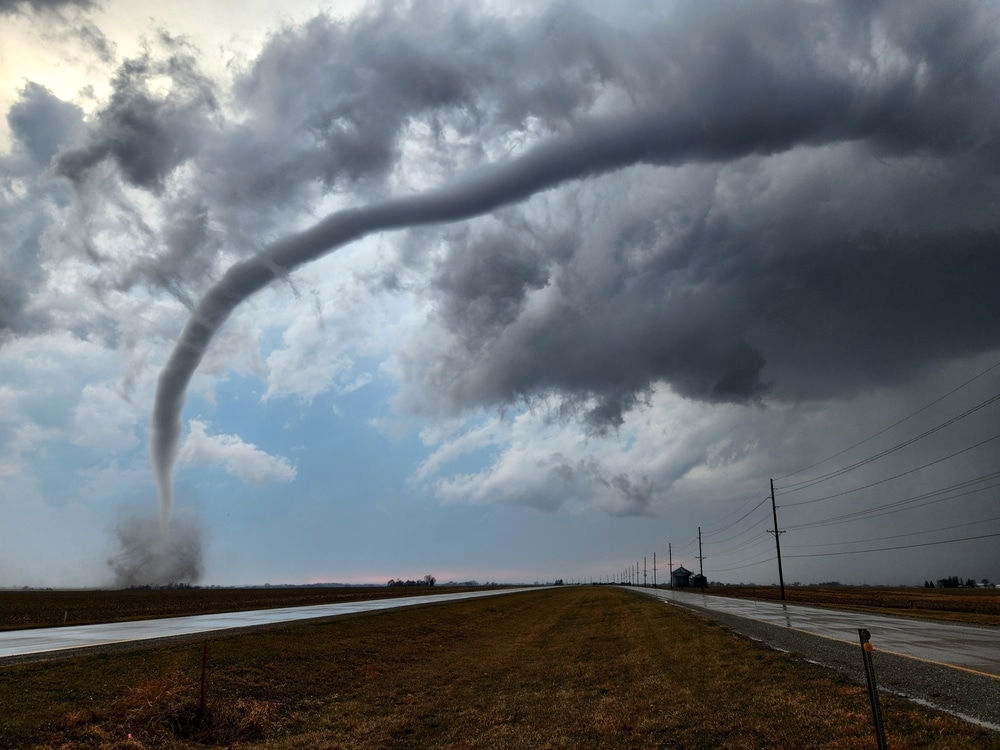Dozens of birds’ names that have been ‘clouded by racism and misogyny’ have been officially reclassified to avoid glorifying slave owners and Confederate generals.
The American Ornithological Society (AOS) announced Wednesday it will alter the names of certain flying animals after a ‘highly charged and publicized’ debate surrounding the now-controversial figures whom the birds are named after.
According to AOS President Colleen Handel, the group will change the bird names that prove to be ‘exclusionary and harmful today.’
The AOS created a committee last year to discuss and determine which birds’ names needed changing. So far, more than 100 species across the Americas have been identified as needing new monikers, and the project will continue in 2024.
Among the birds who will receive a new name is the Audubon’s shearwater. It is a bird that is found off the coast of the southeast, and was named after one of the most established bird illustrator of the 19th century, John James Audubon.
But he was also a slave owner who adamantly opposed the abolition of slavery. John James Audubon is described by the National Audubon Society as ‘a genius, a pioneer, a fabulist, and a man whose actions reflected a dominant white view of the pursuit of scientific knowledge.
‘His contributions to ornithology, art, and culture are enormous, but he was a complex and troubling character who did despicable things even by the standards of his day.’
The keen bird watcher had slaves, wrote critically about emancipation, and also believed that skull remains showed that white people were superior to non-whites.
Although the Audubon shearwater has not yet been rechristened, its new name will most likely be a reflection of its identifiable rounded wings or its geographical home near the coastline.
The Scott’s oriole, which inhabits the Southwest and Mexico, is also set to get a new name in a bid to remove its link to a US army general.
The black-and-yellow bird was named after Winfield Scott, a Civil War general known for overseeing the forced relocation of Indigenous peoples in 1838 – which is now known as the Trail of Tears.
Scott was also known as a hero of the Mexican War, he commanded the army that conquered Mexico City in 1847, and he was the last ever Whig Party candidate who stood for US president.
The general was also known as ‘Old Fuss and Feathers’ for his love of discipline. He served in the military for five decades, under 14 different presidents – and by the end of his career, he was one of the most famous and admired soldiers in the country.
McCown’s Longspur, which is a songbird from the Great Plains, was originally named after John P. McCown, a Confederate Army general.
But in 2020, it was renamed to Thick-billed Longspur because this name changed erased ‘a painful link to slavery and racism,’ according to the American Ornithological Society.
McCown served along the Rio Grande on frontier duty following the war, at which time he enjoyed collecting birds in the area. He would send them to ornithologists, and his keen interest helped scientists establish three new species of bird – one in which he was named after.


















